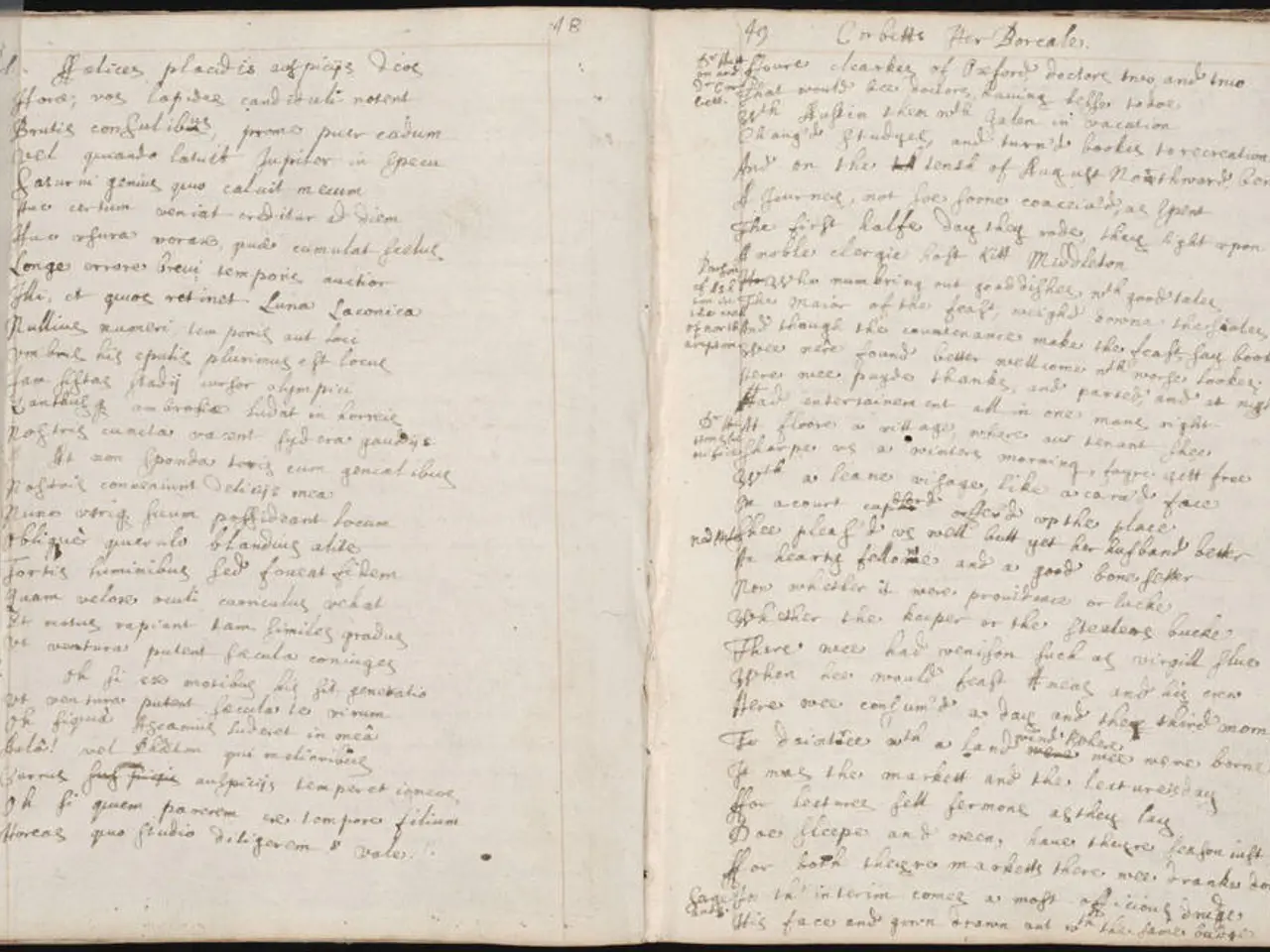Confronting Prejudice at its Root: Within Our Own Minds
In a world plagued by conflict and division, a study conducted at Princeton University delves into the cognitive bias known as "motive attribution asymmetry." This bias, which leads people to attribute their own motives as good while viewing others' as bad, can fuel hatred and intractable conflicts by fostering mutual distrust and demonization.
According to Baha'i teachings, this problem is addressed through principles promoting recognition of the unity of humanity and moral reflection upon one's own biases. The Baha'i Faith teaches that recognizing the good motives and virtues in others, even amid conflict, is essential to overcoming enmity and building peace.
By fostering a mindset that attributes positive motives both to oneself and to others, Baha'i teachings encourage reconciliation and the transformation of conflicts from intractable to resolvable. Emphasizing spiritual virtues such as kindness, justice, and consultation, the Baha'i approach promotes moving beyond cognitive biases that entrench hatred and instead cultivating mutual understanding and unity.
Abdu'l-Baha, a key figure in the Baha'i Faith, outlines that future members of a global governance system must be free from religious, national, and all other prejudices. The Baha'i teachings identify religious, racial, political, economic, and patriotic prejudices as destructive to the human edifice. Abdu'l-Baha asserts that those who are not free from prejudices will not be able to reflect truth and legislate just laws for all.
The Baha'i teachings reiterate that prejudices, whether religious, racial, patriotic, political or sectarian, continue to cause wars and bloodshed in the world. The world, according to the Baha'i teachings, cannot achieve peace until these prejudices are abandoned and morals of the Kingdom are acquired.
In a broader context, research indicates that biased mindsets, such as "motive attribution asymmetry," contribute to interpersonal conflicts in various relationships, including friendships, work relationships, marriages, and family dynamics. The Baha'i teachings emphasize the importance of justice, which begins in the mind of every individual.
By encouraging individuals to examine their own biases, recognize the good in others, and apply spiritual principles of unity and empathy to transform conflicts into opportunities for peace and reconciliation, the Baha'i teachings offer a practical moral remedy to these biases. This approach, rooted in spiritual development and social principles, provides a beacon of hope in a world often torn apart by conflict and division.
References:
- The study on biased mindsets was conducted at Princeton University
- Psychological understanding of attribution bias as a source of conflict
- The known ethical and spiritual emphasis in Baha'i writings on unity, empathy, and justice to overcome social divisions
- In line with the study on biased mindsets conducted at Princeton University, the Baha'i teachings propose a solution through promoting recognition of the unity of humanity and moral reflection upon one's own biases, attributing positive motives both to oneself and to others as a means to overcome conflicts and build peace.
- By emphasizing the role of spiritual virtues such as kindness, justice, and consultation, and encouraging individuals to examine their own biases, recognize the good in others, and apply these spiritual principles to transform conflicts, the Baha'i approach offers a practical moral remedy to biases like "motive attribution asymmetry", thereby providing a beacon of hope in a world often torn apart by conflict and division.




